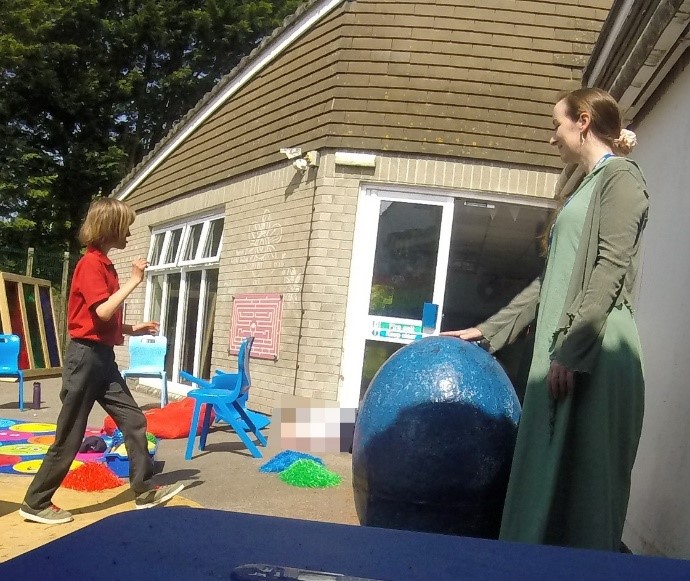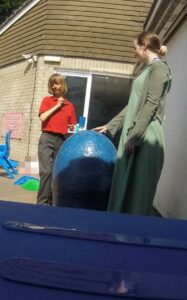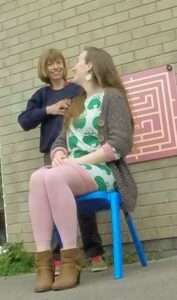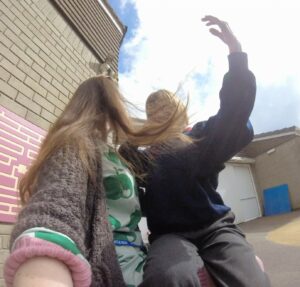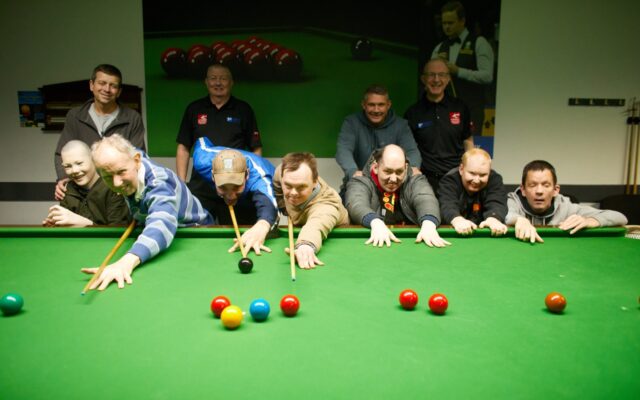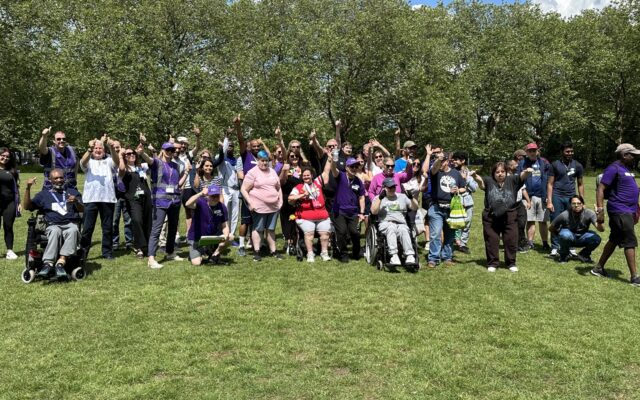Those who say that people with profound intellectual and multiple disabilities cannot indicate a yes or a no tend to be looking only for the forms of communication they themselves recognise.
If you are open to listening in different ways, then people can be heard in the ways they express themselves.
I look for assent continuously in my collaborations for my PhD in identity and belonging with people with profound intellectual and multiple disabilities.
The most interesting word in that research title for me to explore is “with”. I aim to do research with people – not “on”, “about” or even “for” them – but with them. Collaboration cannot be genuine if someone is forced to take part.
If I was seeking to do research with you, I would ask if you wanted to take part and you could choose to say yes or no. I would explain what the work entailed, so that when you said yes or no, you knew what you were talking about. I’d let you know that if you wanted to change your mind, you could.
These are the nuts and bolts of informed consent, which relies on your understanding of, for example, language as well as of the research itself. So I ask for informed consent from those who care for them, and I look for assent from them.
Think of assent as consent at one time, so you need to look for it in every moment. I cannot explain to those I collaborate with what we will do; I have to provide it as an experience – one they can opt into or out of.
My work involves sharing the experience of novel objects, so I bring these into a place where people can access them if they want to.
Becky, a teenager at a special school in the south west, is one of the people with whom I collaborated throughout last year and features in the photographs.
I stood outside with a giant blue egg for close to two hours. Becky knew the egg was there, and came over to touch it just once in that time, for maybe 10 seconds, then walked away again. Touching the egg was Becky’s choice.
I wanted to check Becky was happy to spend time with me, and wasn’t just there for the objects. I moved away from them and sat on a chair. I did not call or beckon her but, after a short time, she left the objects and came over, exploring my hair and eventually climbing onto my lap and hooking her chin over my shoulder in a kind of hug.
I understood from this that she was happy to spend time with me and interested in our work together.
By recognising and respecting Becky’s agency in this way, I ensured our collaboration was genuine. We worked together over a year and I learned a lot about identity and belonging in this time.
Joanna Grace is a doctoral researcher at Southampton University and founder of The Sensory Projects
Her research is funded by the Economic and Social Research Council through the South Coast Doctoral Training Partnership and supervised by Professor Melanie Nind and Dr Jo Hope
Photos: Joanna Grace


